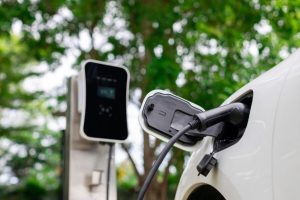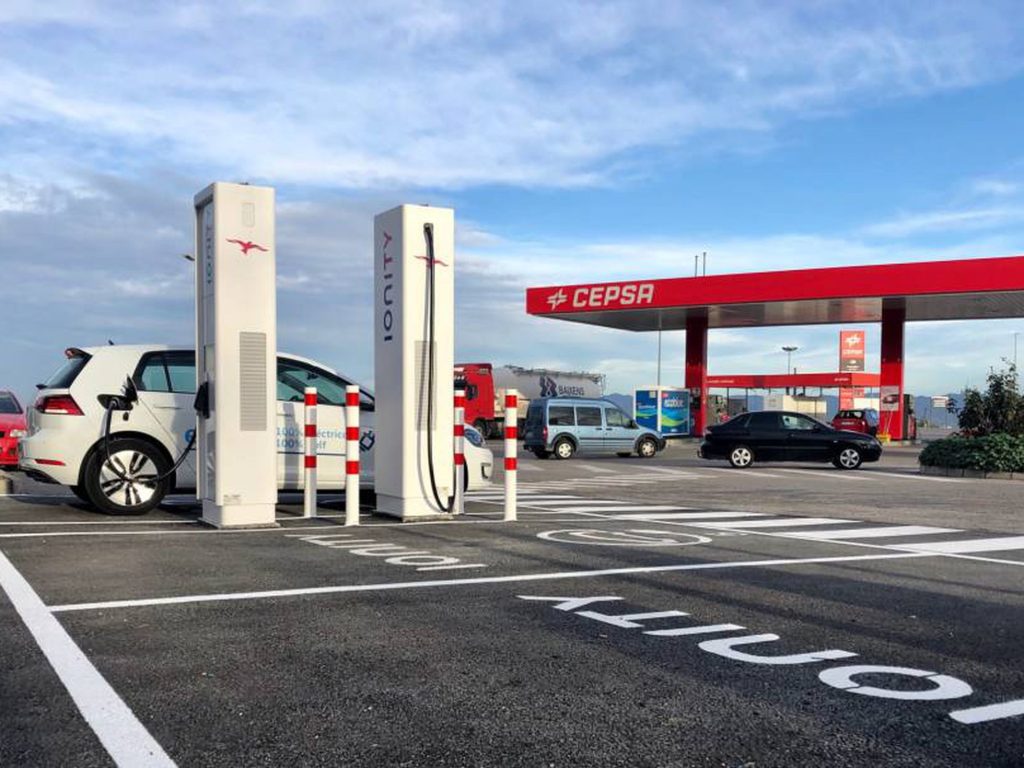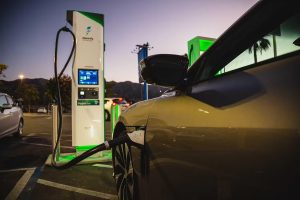
Cepsa Prepares Million-Dollar Investment to Install Strong Charging Infrastructure

Spain is among the least developed countries in terms of electromobility compared to other nations in Asia and Europe, according to the study “eReadiness 2022”, prepared by Strategy&, PwC’s strategic consulting firm.
In terms of infrastructure, the report reveals that the main weakness for the development of the electric mobility market in Spain is the charging network.
Within this concept, factors such as the number of public charging points per 1,000 vehicles, fast charging points -over 150 kilowatts (kW)- per kilometer of highway, the percentage of renewable energy produced by each country or the relationship between the cost of gasoline and electricity are analyzed.
To reverse this situation, companies such as Cepsa are implementing ambitious plans to boost the use and demand for zero-emission cars. The company announced that it will install ultra-fast chargers in more than sixty service stations in Andalusia over the next year.
This initiative is part of its commitment to sustainable mobility, for which the company is installing in its network of stations chargers of at least 150 kW, which can supply 80% of the battery of electric vehicles in just ten minutes, a time equivalent to the refueling of a combustion vehicle.
Read also: Mayor’s Office of Bogota Presents Advances in Mobility Plans for Bogotá
A Whole Experience
Cepsa highlighted in a press release that its service stations, with more than 250 establishments in the Andalusian region, will be transformed into digitized spaces that will offer a wide variety of ultra-convenience and catering services, including fresh food, parapharmacy, e-commerce, parcel collection points and sustainable vehicle washing services, as well as multi-energy solutions.
They also reported that advanced analytics tools will be used to transform the customer experience and boost its loyalty program. Likewise, through decision-making based on artificial intelligence, the company will be able to offer comprehensive services in real time.
Cepsa plans to invest up to 5,000 million euros in Andalusia in this decade, funds that represent nearly 60% of the total budget of 8,000 million that the company will allocate to lead the generation of sustainable energies in Spain and Portugal and to be a benchmark in the energy transition.





